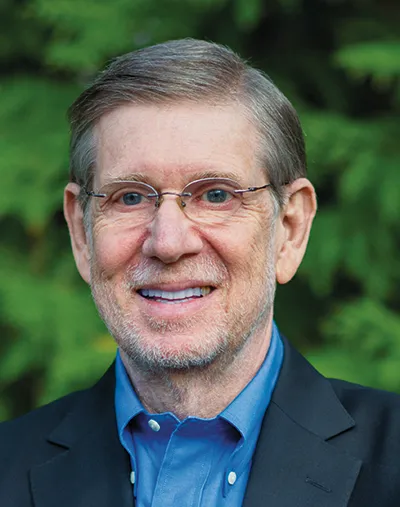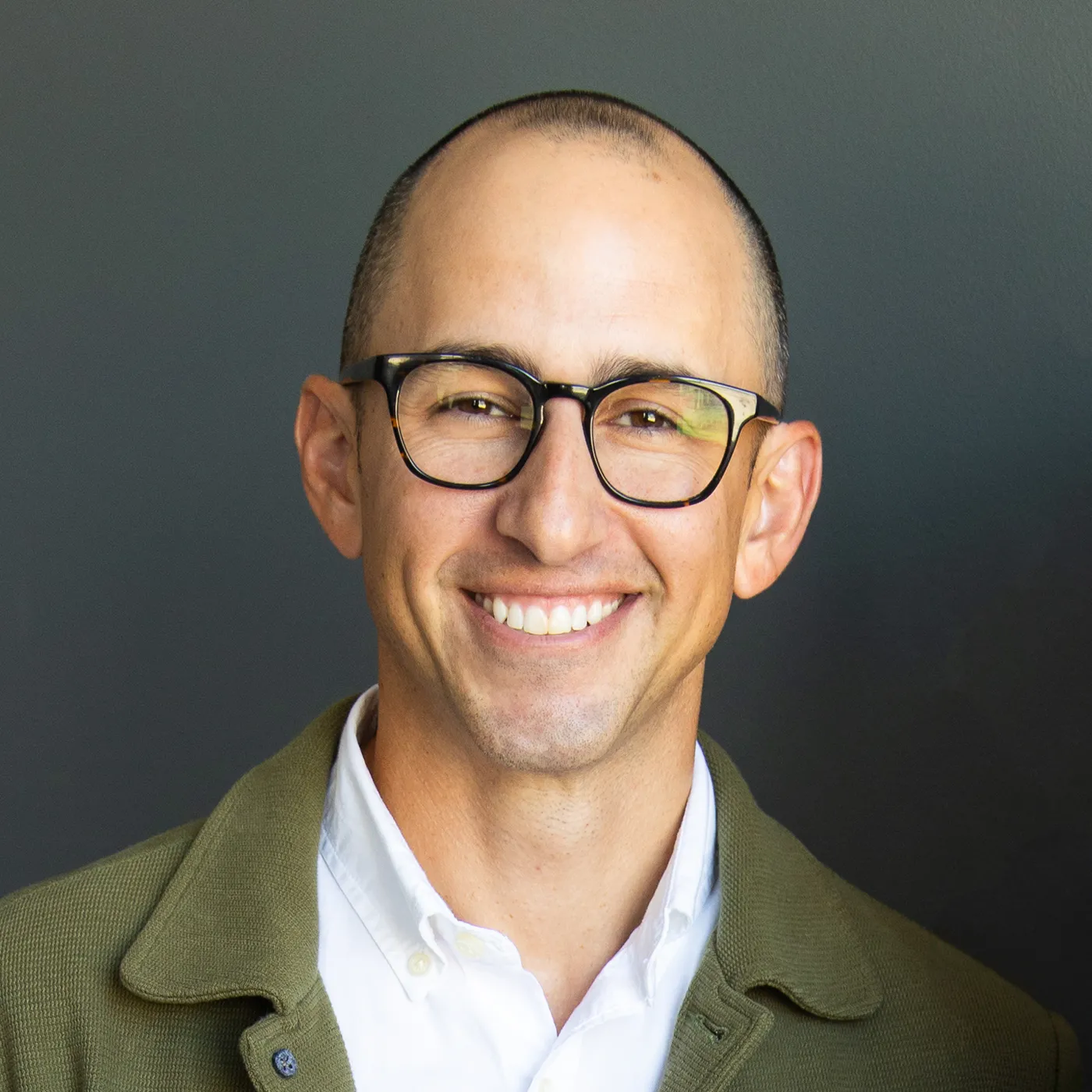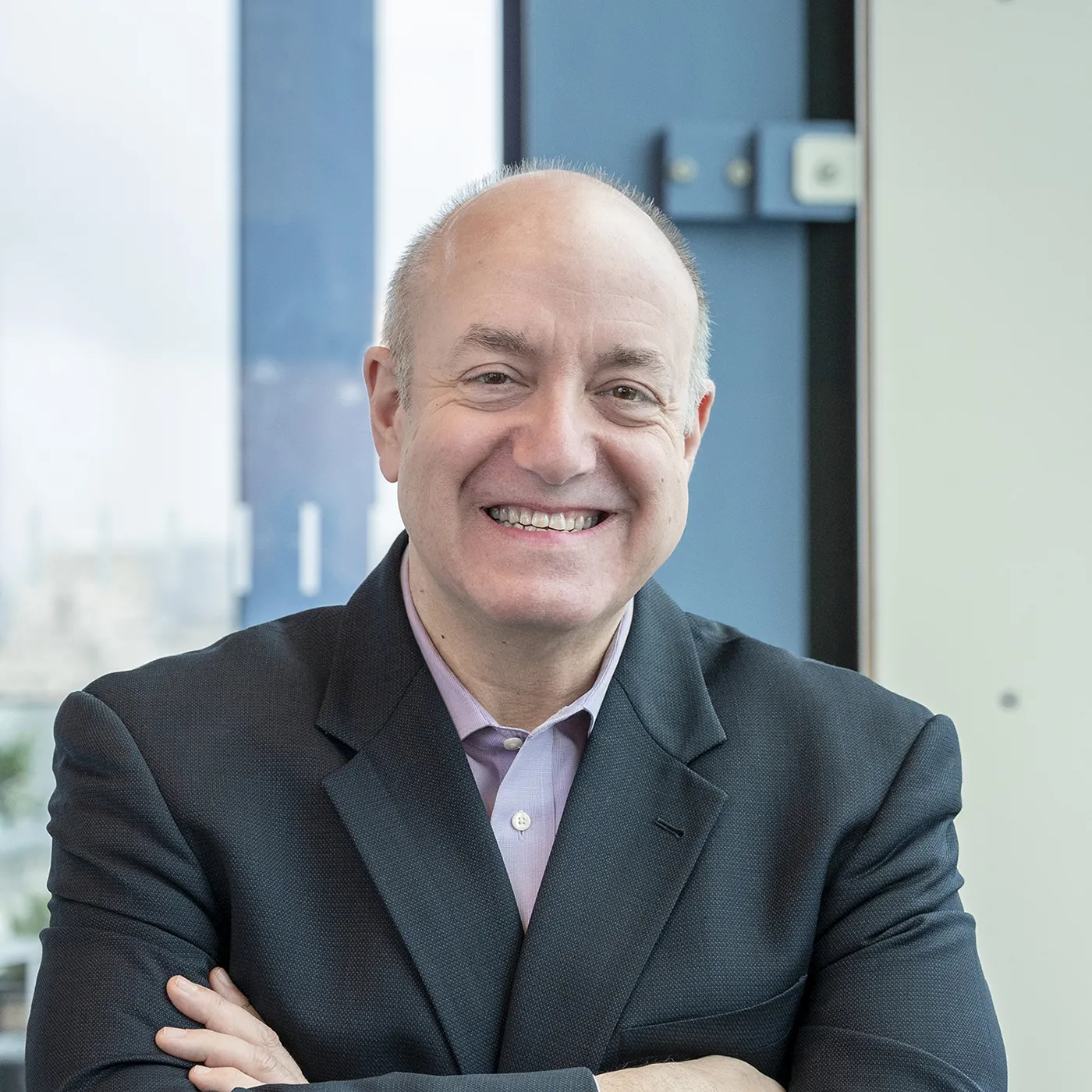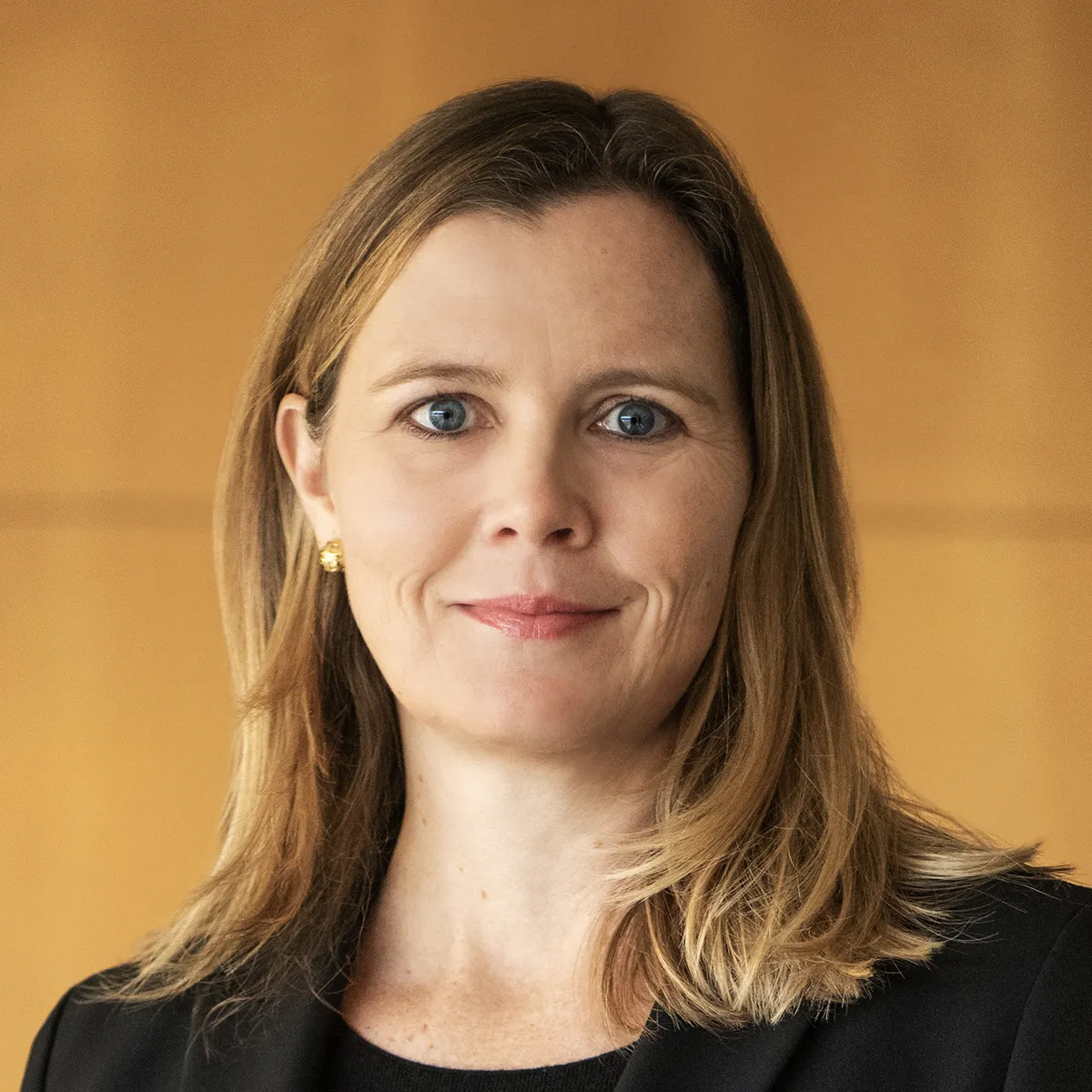David Kessler, '78: Leadership at the Intersection of Law and Medicine

David Kessler, who graduated from the Law School in 1978 and from Harvard Medical School in 1979, has made a difference in Americans’ health throughout his career. Among other things, he led the US Food and Drug Administration for more than six years, served as the dean of two major medical schools, and has authored best-selling books about health. Last year, he was the principal adviser to the Biden presidential campaign related to the coronavirus, and he then cochaired the president-elect’s COVID-19 transition team.
“In our almost daily briefings with now-President Biden, he was insistent about two principal things,” Kessler recalled. “First, he wanted to fully understand all aspects of the virus and the related challenges facing the country. Meetings that were scheduled for 45 minutes in his very busy day could nevertheless run to two hours or more, until he and his team felt that they had fully examined all the nuances of the disease and the related policy options. Second, he wanted to be sure that he and his team always exemplified how responsible leaders should conduct themselves in relationship to the virus, in contrast to the irresponsible actions and words of some others.”
As FDA commissioner from 1990 to 1997 (appointed by President Bush and reappointed by President Clinton), Kessler was a forceful leader in reducing the time for approving or rejecting new drugs, implementing the requirement for standardized nutrition labels on food, and taking on the tobacco industry, arguing that the FDA had the authority to regulate it. When his retirement from the FDA was announced, one observer told the New York Times, “He is the single most important FDA commissioner, a public health giant, and by moving the FDA into tobacco, he may be responsible for saving more lives than any other official in the last quarter century.”
While he was at the Law School, Kessler won the Casper Platt Award for the best paper written by a student that year, a Law Review comment examining the FDA’s statutory authority to regulate carcinogens. He said that his work on that comment and his overall education at the Law School were fundamental to his accomplishments at the FDA: “We had superb lawyers at the FDA, but the other side knowing that I understood the weaknesses in their arguments and knew the strengths of ours had a big effect on the discussions. I don’t think we could have taken on tobacco without that background.”
Just before his appointment to the FDA, he served for six years as the medical director of the teaching hospital of the Albert Einstein College of Medicine in New York. During five of those years, he also taught food and drug law at Columbia’s law school. Before that, while he was doing his medical residency at Johns Hopkins, he was an adviser to a US Senate committee regarding the safety of food additives and the regulation of tobacco products, and a special assistant to the president of Montefiore Medical Center in New York.
After the FDA, he served as dean of the Yale School of Medicine and then as dean of the University of California, San Francisco Medical School, where he still teaches. He has served as board chair of the Center for Science in the Public Interest and as an adviser at the global investment firm TPG, and he is a frequent media contributor. He is the author of books that include The End of Overeating; Capture: Unraveling the Mystery of Mental Suffering; and Fast Carbs, Slow Carbs.
“My time at the Law School was wonderful,” he recalled. “My wife [Paulette Steinberg Kessler, ’77] and I were there together, we met great people who are still close friends, and there’s no more thrilling place to study the law than UChicago. Hardly a day has gone by that I haven’t used something I learned there—and hardly a day goes by that I don’t feel gratitude for Professor David Currie, who shepherded me through writing my Law Review comment with a combination of caring and sky-high expectations that brought out the best that I had in me. I cherish those years, and my life would not have been the same without them.”


